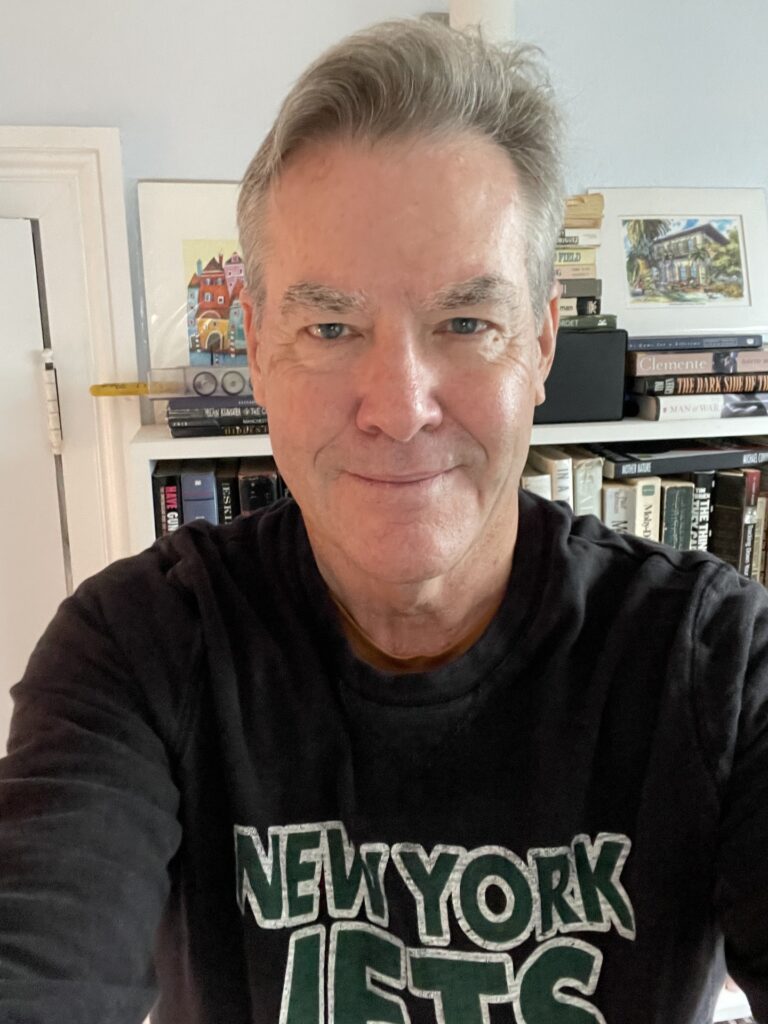A Con Games Column
I feel lucky because I did most of my writing before artificial intelligence (AI) became the Headless Horseman heedless of humankind.
 Pre-Chatbot, the ink-stained wretch had no choice but to write it all by his lonesome, whatever it might be. Or not. As a writer you had to produce the words yourself, without the help of a machine, because no one was going to do it for you.
Pre-Chatbot, the ink-stained wretch had no choice but to write it all by his lonesome, whatever it might be. Or not. As a writer you had to produce the words yourself, without the help of a machine, because no one was going to do it for you.
Publish or perish—or shut the bleep up.
My old fiction teacher, the great Gordon Lish, used to say the stack of your work piled up on the table was all that mattered in the end—note the paper-based metaphor—and nobody cared about might-have-beens in your brilliant career.
The only question left for the dark night of the soul before the Machine Age: did you get it done?
Writing 2.0 means you don’t even have to be a writer to “write.”
Think about that for a minute. The writer is no longer alone in the cockpit, and runs the risk of barely being along for the ride. Stuck on a feeling? Just pop over to a chatbox ready to tell you what you think faster than you can blink an eye.
The very definition of writing is morphing before our eyes into something knowable only to Machine Language Learners. AI means nothing less than the elimination of the blank page, the bete noir of writers everywhere, the endless abyss where creativity goes to die. No longer need a writer (or a “writer”) face the blank page ever again—and why would you, when you can go running to the shelter of Big Brother’s little helper?
With the exception of recidivist handwringers, writers are already following the money and becoming AI enablers. Actual writers no longer need to write. The blank page and the abyss? They gone.
Don’t feel badly for me and my kind. To be the last generation to write without machine intervention was a gift soon to be so rare our extinction is all but certain. I feel lucky I learned to write on a manual typewriter on copy paper with scissors and paste as my co-pilots. I feel lucky I was ready and waiting when the word processor came along and you could move words and sentences and paragraphs like chess pieces in search of ideas never writ before.
Whatever it was I just had to write it. I did not have a choice. Nor did my father before me or my uncle or my brothers or my cousins—writers all.
One of my first writing teachers told me I reminded him of Secretariat, the great racehorse, because I wanted to run with every sentence. (Not a compliment, by the way.) Now, as a writer, my race all but run, I look at writers coming behind me and wonder they know how far the horse is out of the barn.
